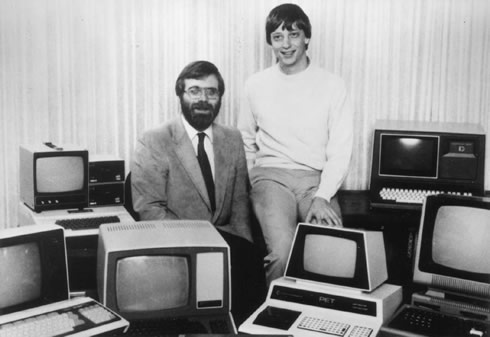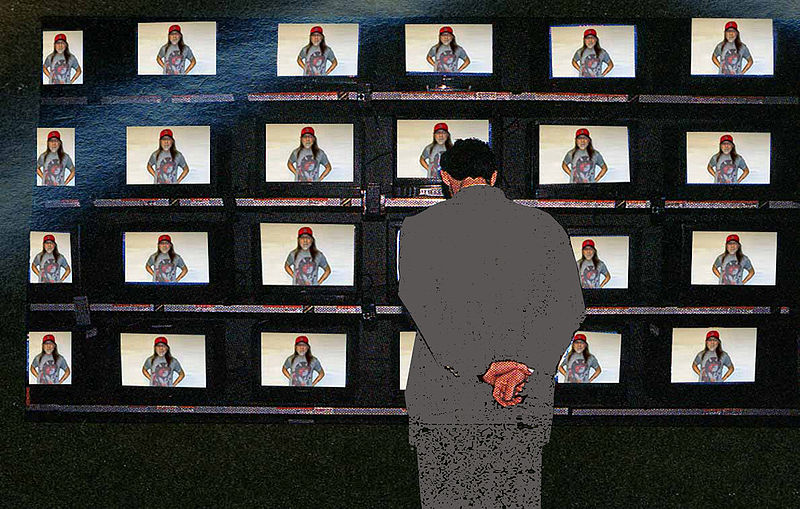In “Change the World,” George Packer’s excellent New Yorker article about the intermingling of Silicon Valley and the Washington Beltway, one insider neatly summed up why technologists might be a positive force for political change: “Our voice carries a lot of weight because we are broadly popular with Americans.” That was certainly true until recently, with the nerds having had their revenge, the clever children bringing the future to us now, the turtlenecked gurus encouraged to treat their marked-up gadgets as holy grails. But do you get the sense that those good feelings are beginning to change, that, perhaps the Digital Revolution, like most revolutions do, has gotten messy, and that those who stormed the gates now seem a little barbaric?
From the excellent Matt Novak at Paleofuture, a document that recalls how one 1960s Internet visionary predicted superwealth for a breed of people who were then high school freshmen and younger:
“In 1969, internet pioneer Paul Baran predicted that by the year 2000, computer programmers may very well be the richest people in the world. Remember, this is when Bill Gates was just a 14-year-old nerd in Seattle.
The ARPANET had not yet drawn its first breath when Baran wrote his 1969 paper, ‘On The Impact of the New Communications Media Upon Social Values.’ But his vision for what new communications technology would enable (and sometimes harm) in the last three decades of the 20th century, was disturbingly prescient.
His prediction about the computer programmer of the year 2000 makes one wonder if Baran was a time traveler perhaps warning us about the dot-com bubble:
As communication development evolves, more decision functions will be placed upon computers tied together as a common communications network. Financial success may in the future come to depend more upon the brilliance and imagination of the human who programs the computer than upon any other single factor. The key man in the new power elite will be the one who can best program a computer, that is, the person who makes the best use of the available information and the computer’s skills in formulating a problem.”


